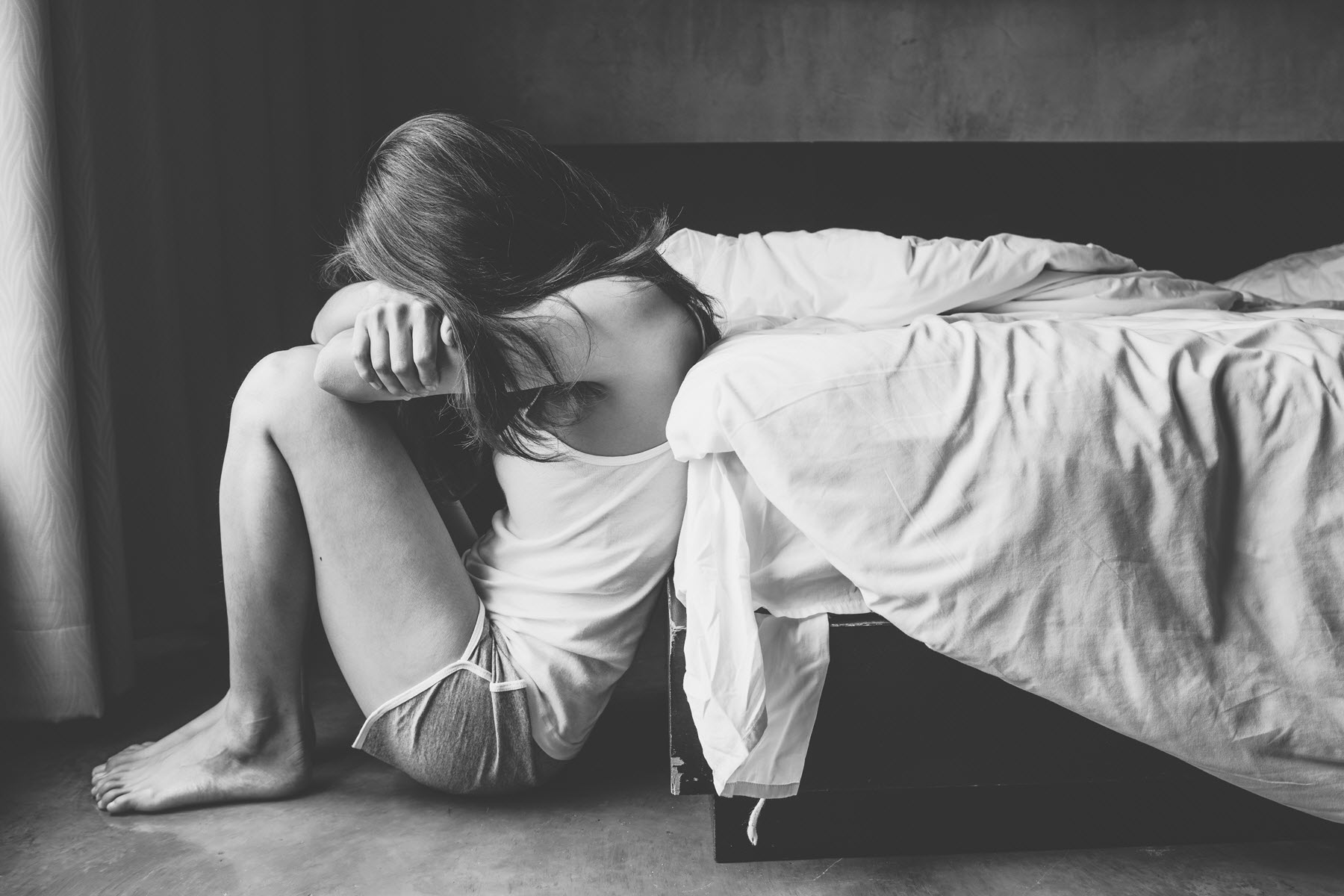The loss of face-to-face treatments has made mental health patients feel as though they “were missing out on care” over the past year of lockdowns, according to new research. For some patients, video calls made matters worse. The Observer has the story.
Mental health patients found their conditions deteriorated during the pandemic because the NHS switched from in-person help to support by telephone, video and text messages, new research reveals.
Many reported a lower quality of care, according to a study by University College London; others had trouble accessing medication, had appointments cancelled or felt the loss of face-to-face help meant they “were missing out on care”.
Researchers led by Dr Brynmor Lloyd-Evans found that, for many patients, the switch to remote care heightened the isolation and loneliness they were already feeling because they could no longer see friends and family.
“People with pre-existing mental health conditions experienced serious disruptions to their access to, and the quality of, mental healthcare as a result of the pandemic. The opportunities and challenges of remote mental healthcare were an important aspect of our findings,” Lloyd-Evans and colleagues write in the journal Social Psychiatry and Psychiatric Epidemiology.
“While for some people telephone and digital support provided continuity of care, for others there were issues around access to technology, maintaining therapeutic relationships remotely, and digital interfaces exacerbating difficult feelings or symptoms associated with their mental health.”
After interviewing 49 people with mental health conditions in London about their experience during Covid’s first wave, the researchers found key issues included “inadequate access to mental health services”, “difficulties in day-to-day functioning” and “struggles with social connectedness”.
One patient said: “Lockdown has made me feel very angry. I feel the professionals used it as an excuse to stop offering appointments. I was seeing her every week and it’s been cut to every three weeks [by telephone].”
Another said of their therapist: “She did text me a few times: we keep conversation [by] texting but it is not good enough really.” Another, who was offered video calls rather than in-person help, said: “For my paranoia, they make it worse, so I tend not to do them.”
The Royal College of Psychiatrists, which recently said England is “in the grip of a mental health crisis“, believes the extent of the crisis “will likely get a lot worse before it gets better”.
Over one million more treatment sessions were given to adults between April and December last year (1,078,539), an increase of 8% on 2019. There were also 159,347 urgent crisis referrals made for adults, an all-time high, and an increase of 2% on 2019.
The Observer report is worth reading in full.











To join in with the discussion please make a donation to The Daily Sceptic.
Profanity and abuse will be removed and may lead to a permanent ban.